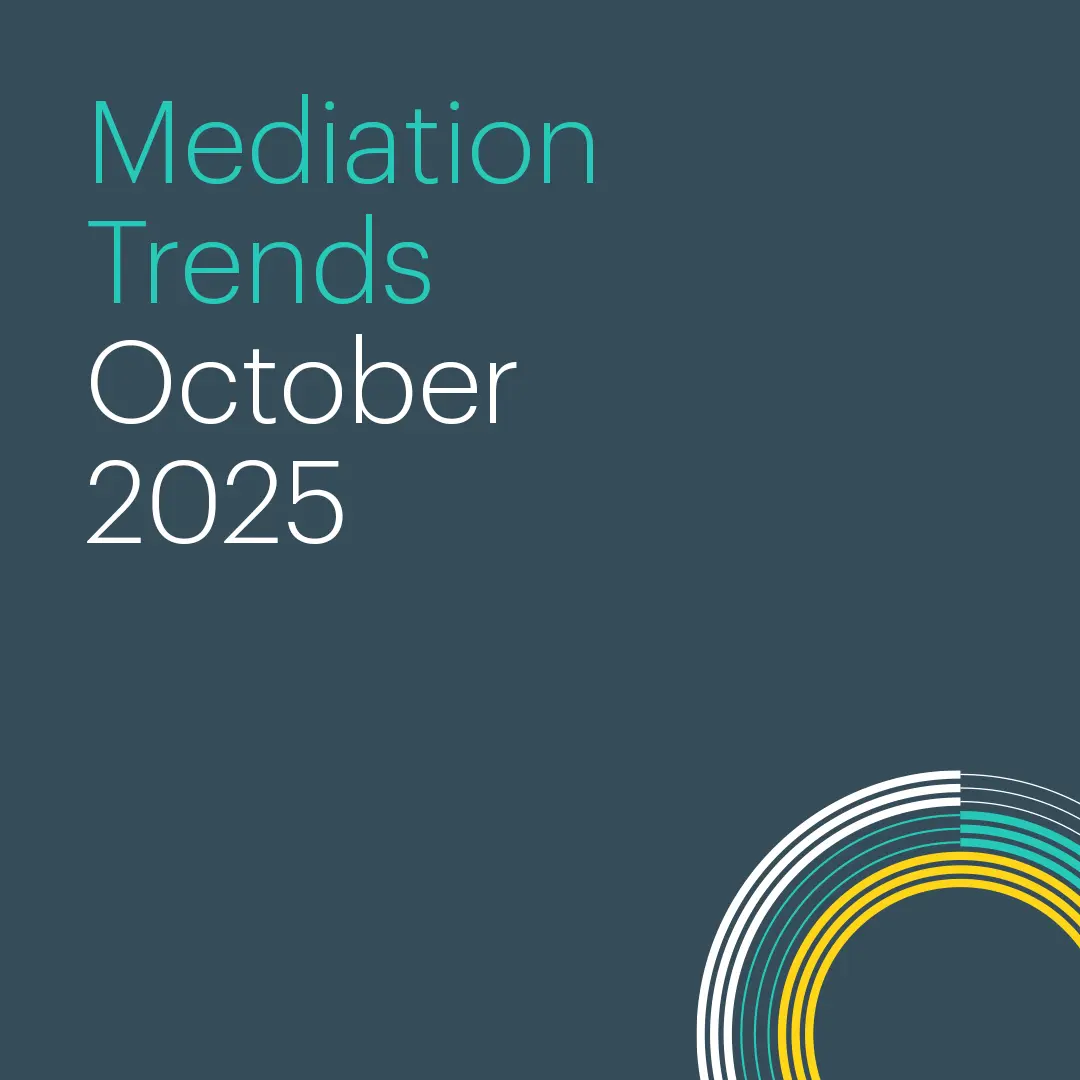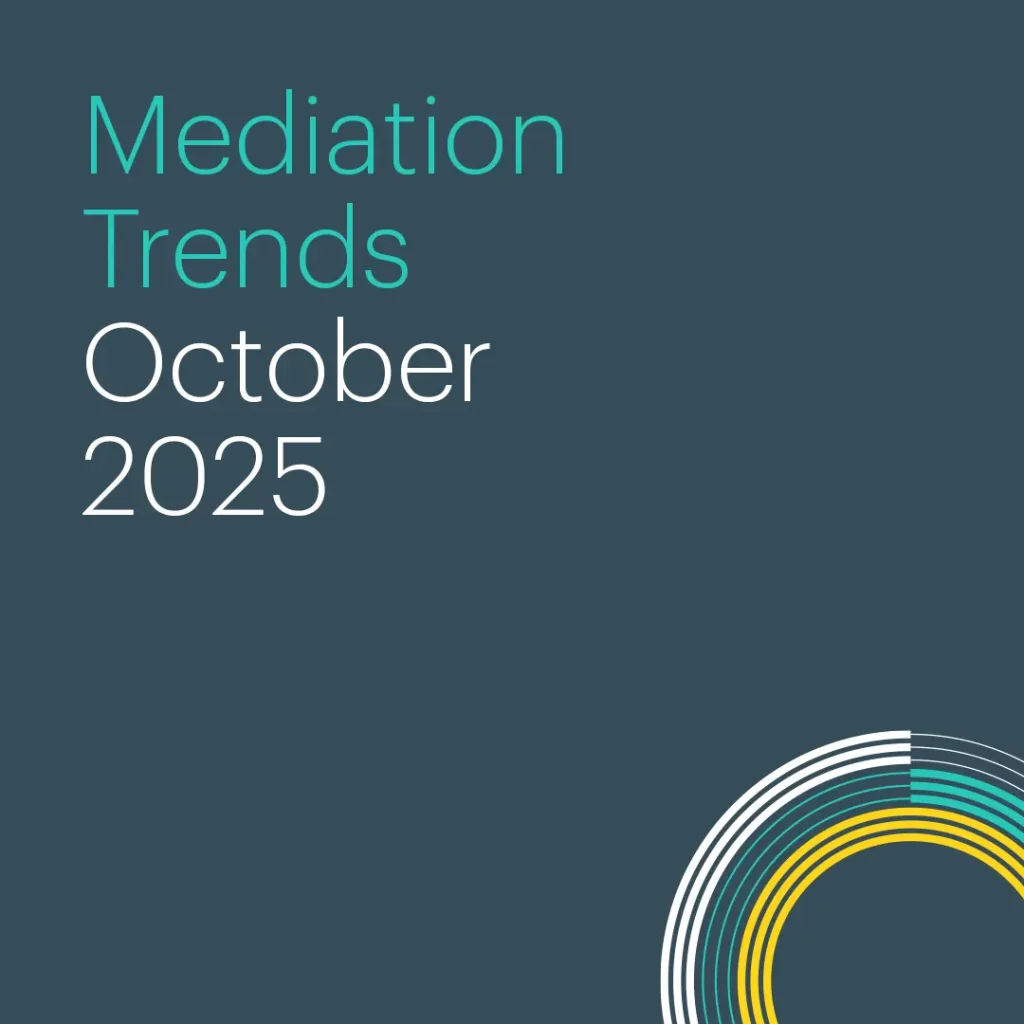Senior Associate Lynn Booker reflects on the trends seen by our team in workplace mediations, including the rise of team conflict, and the growing impact of individual mental health on the employment relationship.
As mediators we work with parties in a confidential process. We do not discuss matters with our mediation team but we often talk about themes. What I find interesting is that if one of us has a pattern of similar issues/types of mediations, it is not unusual for other mediators in our team to be experiencing the same.
Late 2024 and early 2025 we noticed a large volume of mediations about returning to the office post COVID. Many employers had continued to allow its employees to work remotely but, in many situations, they found that the workplace culture had been lost, younger members of the team were not receiving mentorship and guidance, there was little development opportunities and individuals did not see themselves as being part of a team, or even needing to be part of a team. There was little concern that employees were not doing the work, the concerns were all about the benefits that come from working in the same location.
By mid 2025 these mediations had all but disappeared, and we have begun to notice mediations with two particular type of issues:
Teams in crisis
This took different forms: two teams in conflict within the workplace, teams in conflict with their leader, or sometimes an event that has occurred between two employees that had caused people to take sides.
These mediations are usually large and require careful consideration to ensure all the parties are prepared for the day. It usually involves pre-mediation meetings for the mediator to understand what has occurred and what is important to the parties.
Mediation in this type of situation can be highly successful. It provides an opportunity to clear the air, reset and agree on a way of working in the future.
Individual’s mental health and wellbeing
We have noticed a volume of mediations where an individual’s mental health and emotional wellbeing has impacted on the parties ability to move forward.
Issues that had the potential to be resolved, at the lowest level and at the earliest possible time, often escalate and impact on the ongoing employment relationship. This often means that by the time parties attend mediation they struggle to see how an ongoing employment relationship is possible. Where an employee has been absent from the workplace for an extended period, the wider workplace can become involved and integration back into the team is difficult.
The mediator always takes these types of concerns seriously and must consider the best process for the parties to have the discussion while ensuring the process does no harm.
In conclusion
The reasons behind trends in mediation are varied, but the themes we are seeing may be shaped by the economic climate, or the length of time since a significant event has passed. These patterns can be hard to pin down, but they’re important to watch and understand.
As a mediation team, we will continue to observe what’s changing and share what we learn, to help support positive outcomes and healthier workplaces for everyone.





